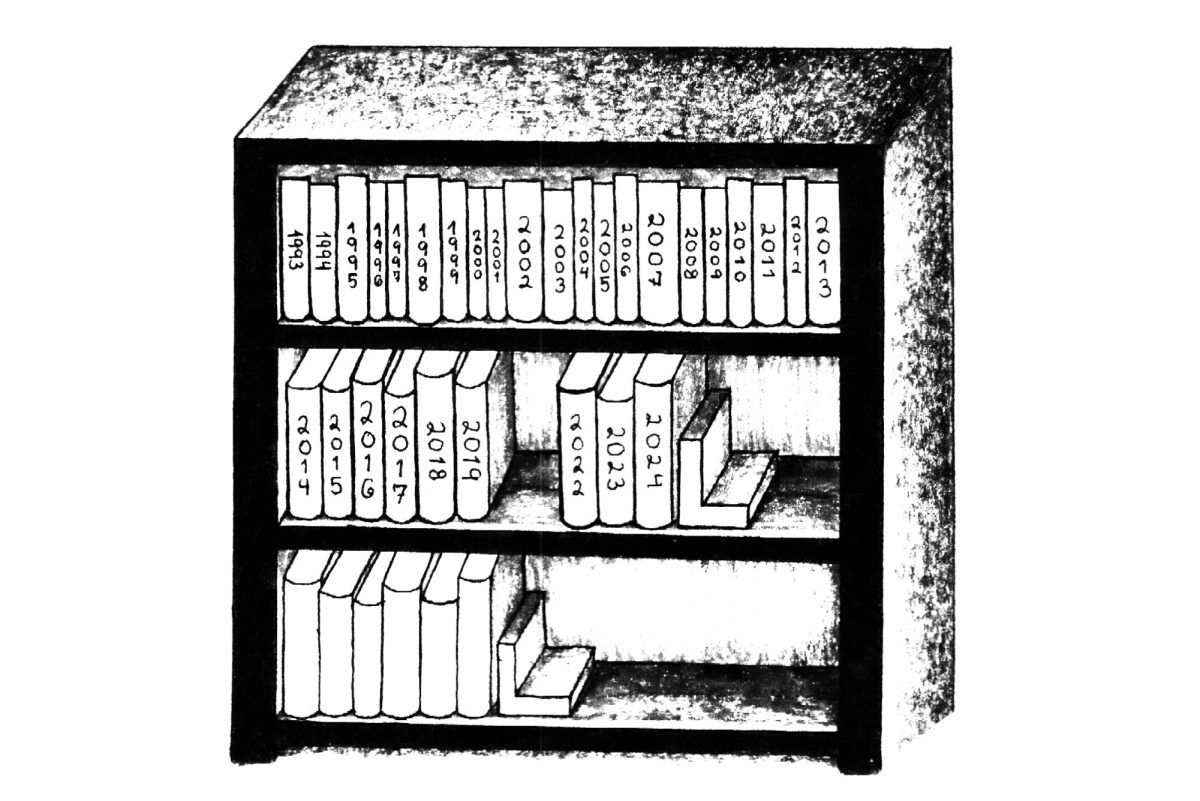The recent defeat of the proposed student fee increase should not be the end of the line.
Student Association President Nicole Capp said last Tuesday that she would ask the Board of Trustees to look into the fee, which funds GW’s many student organizations. Capp’s got the right idea: getting more money to student organizations is worth pursuing avenues beyond the referendum.
There’s a noticeable common theme running through both news and opinions pieces from The Hatchet in October: students are mad that their organization got screwed.
That’s right – it seems to hold true that, every year, the SA allocations for student organizations seem to make people angrier and angrier. The SA tried to make it better by proposing an increase to the student fee – not for us, but for future classes – but they were shot down at the end of last month in a special election. Then, about a week leader, student organizations received that fateful e-mail.
I know because I was unfortunate enough to get one of them. And, like students across campus, I was pissed too. That’s when I started looking through the archives, wondering if this kind of thing happens to student organizations every year. While searching, I couldn’t help but notice all of the articles about the recent referendum. And that’s when my anger shifted from the SA to me. I didn’t vote.
I’m embarrassed to confess this (and I hope the other members of GW STAND aren’t too angry at me), but I also don’t think I’m the only one here who’s mad at himself for forgetting to vote. As SA Sen. Kevin Kozlowski (U-At Large) said in Thursday’s Hatchet, there wasn’t much done to publicize the special election or clarify the details of it.
This is not an attempt to shift the blame to the SA. In fact, I’m happy to take the blame. But blame doesn’t take us anywhere, except maybe to another stress-filled October for student leaders as they beg for more money.
Regardless of the lack of publicity, The Hatchet reported that about 1,400 people voted in the special election, about 800 people less than the number of voters in last year’s SA presidential run-off between Capp and senior Marc Abanto. The referendum failed by only 4 percentage points – about 50 votes.
So, taking into consideration the close numbers, the lack of clarification of important details (like that the increase won’t affect current students) and the obvious importance of more money for student orginzations, maybe a failed referendum shouldn’t be the end of the line.
Just to be clear, the Board of Trustees has had final say in the fee increase from the beginning; even a unanimous yes from the student body would’ve been no guarantee of an increase. And it’s completely within the Board’s ability to raise the student fee, with student consent or not. Feasibly, SA leaders could push the Board into examining the fee to see if it would consider raising it, as former SA President Lamar Thorpe threatened to do last year.
It’s the right move and the Board should take it seriously. Student organizations are a huge part of campus life, not to mention a huge part of the University’s advertising campaign. The Board must consider raising the fee and, if it decides not to, needs to come up with another way to increase funding for student organizations.
In Thursday’s Hatchet, Sen. Nathan Brill (SoB-U) said that the Board should look into other ways to get more funding to organizations without an increase. That’s fine with me, but the Board can’t put this on the back burner; it must be a priority.
Whether or not the Board will listen to Capp is an interesting question, as it gives the student body another look at their influence, or lack thereof, on the Board of Trustees. In past years, campaigns to get a voting student representative on the Board have been pretty big and featured everywhere from The Hatchet to Facebook. The Board, insisting that student influence played a large role in committee, seems to have quelled these campaigns. But its response to the student fee question will shed light on how much the Board really cares about student life.
The writer, a sophomore majoring in history and political science, is president of GW STAND.




